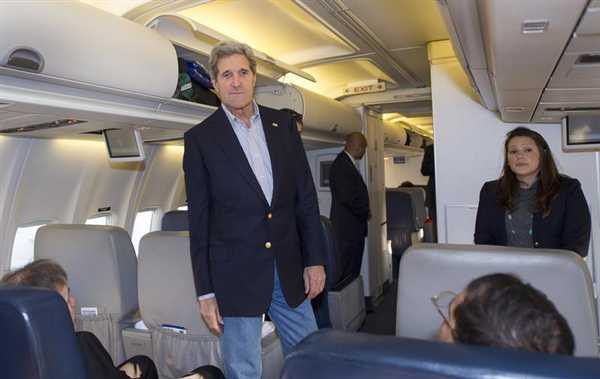THE first group of Kurdish fighters leaving Turkey as part of a peace drive with Ankara has arrived to cheers and hugs in Iraqi Kurdistan after a gruelling week-long journey.
“We are the first group to reach the safe area in Iraq,” said Jagar, the leader of the group of Kurdistan Workers’ Party (PKK) fighters, which comprised nine men and six women.
The fighters, who arrived in the Harur area about 6.00am (1300 AEST) on Tuesday, were armed with Kalashnikov assault rifles, light machineguns and rocket-propelled grenade launchers.
They were greeted with cheers by PKK members based in Iraq, who warmly hugged them and shook their hands.
After the welcome, the apparently exhausted fighters put down their weapons and warmed themselves at a fire.
“Our withdrawal came according to orders from the leader (Abdullah) Ocalan, as we want to open a way for peace through this withdrawal,” Jagar said, referring to the jailed chief of the PKK.
“We faced many difficulties because of rain and snow” during seven days on the road, he said, adding that they were observed by Turkish aircraft.
“We were getting ready to start a big fight with Turkey, but we responded to the call of our leader Ocalan and withdrew,” said Midiya Afreen, one of the group.
“This is a new phase,” she said. “This is the phase of peace.”
The PKK has fought a 29-year nationalist campaign against Ankara in which some 45,000 people have died, but is now withdrawing its fighters from Turkey as part of a push for peace with the Turkish authorities.
The roughly 2000 fighters in Turkey are leaving on foot, travelling through the rugged border zone to reach safe havens in Iraq’s autonomous Kurdistan region, where they will join the thousands of fighters already present.
Turkey’s Prime Minister Recep Tayyip Erdogan has repeatedly vowed that retreating rebels “will not be touched”, and said that “laying down weapons” should be the top priority for the PKK.
The PKK, however, is demanding wider constitutional rights for Turkey’s Kurds, who make up around 20 per cent of the 75 million population, before disarming.
via Kurd fighters from Turkey arrive in Iraq | The Australian.




